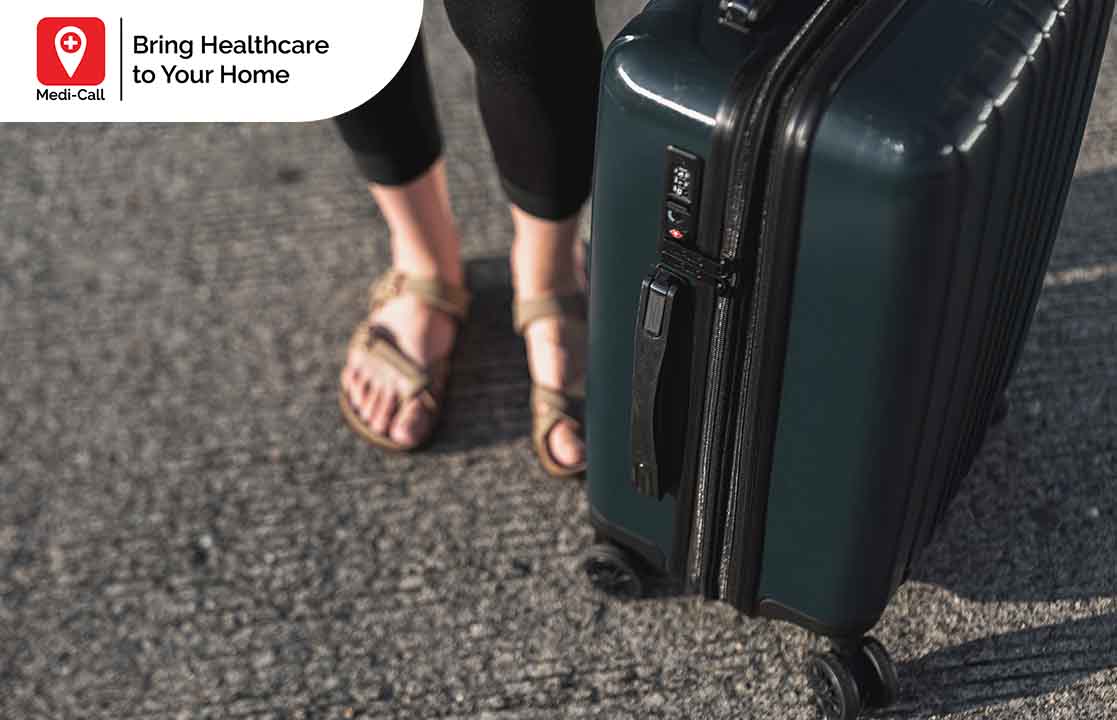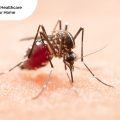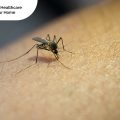Beware of Heart Stroke While Traveling, Learn the Heart Stroke Treatment While Traveling
Heart stroke treatment while traveling often occurs because travelers usually free themselves to eat a variety of culinary, drink alcohol, and sometimes forget to take their medicine.
Heart stroke turns out in a first rank as a cause of death of travelers. The atmosphere of a vacation supposedly should make mind more relaxed, but what if the destination of place turns out into a trigger spot that can trigger a heart stroke?
According to research published in 2003 in the Journal Psychosomatic Medicine mentioned that unusual activity during traveling can cause stress both mentally and physically. These conditions can trigger heart stroke and cause disruption to the heart. The trigger factors for a heart stroke are lack of rest or lack of sleep, hot temperatures, alcohol consumption, noisy conditions, air pollution, large portions of heavy food, strong emotions, extreme physical activity.
For that matter, travelers at high risk of heart disease need to know heart stroke treatment while traveling. Travelers should consult their traveling plans to the doctor. Travelers can book a doctor through Medi-Call Application or contact Medi-Call Call Center to consult traveling plans and carry all routine and emergency medicines. People with heart disease should avoid fatigue or exposure to temperatures that are too extreme.

Symptoms of Heart Stroke
Taking act immediately when travelers experience the first sign of a heart stroke symptoms can avoid heart damage. Heart stroke treatment while traveling is given right after the symptoms appear. Followings are some of the most common warning heart stroke symptoms:
- Chest pain
Generally, sufferers feel discomfort in the middle or left side of the chest. It usually lasts more than a few minutes. It can feel like pain, squeezing, pressure, fullness, and feel like heartburn or indigestion.
- Feeling discomfort in upper body
Sufferers usually may feel pain or discomfort in one or both arms, back, shoulders, neck, jaw, or upper abdomen (above the navel).
- Hard to breathe
This is the only symptom experienced or it could be along with pain and discomfort in the chest. This can occur when sufferers have rest or do a little physical activity.
Other symptoms that may occur include:
- Cold sweat
- Feeling unusual for no reason, sometimes for days (especially for women)
- Nausea (stomachache) and vomiting
- Dizziness
However, heart stroke doesn’t always begin suddenly or while traveling. But if travelers beware of the causes and symptoms of heartstroke treatment while traveling will minimize the occurrence of heart stroke. In general, heart stroke symptoms vary from person to person. For that matter, travelers should familiar with their symptoms so they can overcome heart stroke treatment while traveling. Chest pain is the most symptoms experienced by sufferers. Nevertheless, the symptoms will not always be the same.
Things to Avoid Heart Stroke While Traveling
These are things to avoid while traveling when you are at high risk of heart disease::
- Don’t drink alcohol
- Don’t forget to bring and take medicine
- Don’t leave sufferers alone, other than to ask for help, if needed.
- Don’t let the sufferers ignore the symptoms to occur.
- Don’t wait until the symptoms disappear.
- Do not give anything to the patient by mouth, other than medication that is needed.
Heart stroke can occur anytime and anywhere, even while traveling. If the sufferers haven’t been treated immediately, the consequences will be fatal. To reduce the risk of someone dying from a heart stroke, fill yourself and your family with various information about heart stroke treatment while traveling.

Heart Stroke Treatment While Traveling
Knowing how to provide first aid or heart stroke treatment while traveling is the most important thing when heart stroke attack. The followings are heart stroke treatment while traveling for travelers or people with heart stroke when it attacks in the middle of vacation activities:
- Chew and swallow aspirin
Do this before help arrives, unless you or someone who has had a heart stroke has an allergy to aspirin. This can be one of the most common ways for heart stroke treatment while traveling.
- Take nitroglycerin, if prescribed
If you think that you or someone else is having a heart stroke and your doctor has determined which nitroglycerin can be consumed, do it immediately as prescribed. Don’t take other people’s nitroglycerin, because it can put you in danger.
- Call the local medical emergency number
Don’t ignore or try to hold back symptoms for more than 5 minutes. If you do not have access to emergency medical services, contact a neighbor or friend to take the patient to the nearest hospital. Don’t let someone who has a heart stroke drive alone.
- Give CPR (Cardiopulmonary Resuscitation) if the person is unconscious
If the sufferer is unconscious, immediately contact hospital or other medical personnel. But the sufferers may be advised to start CPR (Cardiopulmonary Resuscitation). If the sufferers have never received CPR training, then they are advised to only do chest compression (about 100 per minute).

However, if you’re just landed in your destination place and haven’t got any prevention or medication for heart stroke, no need to worry. You can book or consult a doctor through Medi-Call Application when you’re about to have activities while traveling. Or you can simply contact Medi-Call Call Center.








Hal paling indah yang ga bisa dibeli dengan uang adalah kebahagiaan.. setuju guys?